Table of Contents
Enter your email address
The Creation Village Middle School brochure will be emailed to your address.
The Creation Village Middle School Program
In grades 6 through 10 of our private, international middle school in Central Florida, our mission is to create fulfill each learner's God-created identity by developing inquiring, knowledgeable, and caring young people. At Creation Village Middle School, our students are exposed to an engaging curriculum, one that features hands-on experiences and requires the agency or ownership of learning. We concentrate on the Approaches to Learning and the Learner Profile, key components of the International Baccalaureate (IB) programme in our campus, classrooms, events, and student body.
Want to Save This Guide for Later?
Download a free PDF by filling out the form below
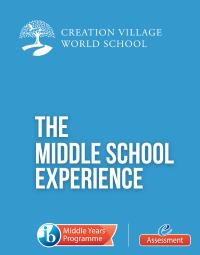
SECTION 1 Introduction to the Creation Village Middle School Program
.png?width=800&height=600&name=resized-ckv-mp%20(1).png)
At Creation Village Middle School, our Program of Study focuses on building critical thinkers and problem solvers working at an advanced level, and we engage students in integrated studies that encourage independent thought and the application of their learning.
Our student development focuses on the International Baccalaureate (IB) Middle Years Programme (MYP) which is designed to provide a comprehensive and academically challenging curriculum for students aged 11 to 16 (typically grades 6-10). The MYP is known for its holistic approach to education, which includes not only academic subjects but also focuses on the development of students' intellectual, personal, emotional, and social skills.
Our Middle School teachers work together to create cross-curricular learning experiences, bringing lessons to life in meaningful ways. Because each age group is unique, we have distinct goals for each grade level. Our program capitalizes on each grade’s special qualities, centered around a global theme that connects learning to skill development and life long learning.
Special Middle School Traditions
As part of Middle School student life at CVWS, we have a few big and memorable traditions.
Village Houses
“To teach is to learn twice.” Such is the rationale behind our Learning Buddies tradition. Creation Village Lower School and Middle School students are paired with another student, creating a relationship where Buddies learn together, support each other, and grow together over the years. They meet monthly and participate in collaborative projects and activities. These meetings extend the curriculum and enhance learning for all students in the Creation Village World School community.
4-H Camp Excursion
Our 7th grade middle school field trip to 4-H Camp Timpoochee provides an overnight educational and outdoor experience for our students. Camp Timpoochee is a 4-H camp located in Niceville, Florida, that offers various outdoor and environmental educational programs for young people such as kayaking, canoeing, fishing, swimming, conservation and team-building exercises. This 7th grade traditional serves as a memorable and enriching experience for our middle school students.
Mission Trips
Our Thirst mission trips are a valuable way to make a positive impact on communities in need that have a direct connection and ongoing sustainability from Creation Village World School. Our students and families work with Thirst Missions to develop customized trips allowing us to impact a local community and develop long-term service opportunities.
World Vision Ignite
Creation Village World School is partnered with World Vision Ignite, for middle school students to make a real impact on the world. With World Vision Ignite, young hearts and minds come together to create positive change for children and communities in need in Kenya. Ignite provides the platform and support from curriculum studies to pen-pals to sponsorship and local site visition for our students to make a global difference. Our middel school students ignite change in their lives and in God's great world.
SECTION 2 What Creation Village Middle School Students Study
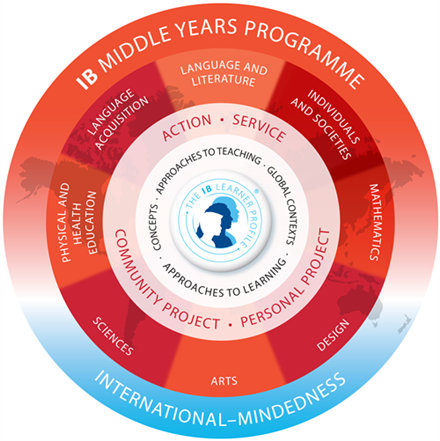
The curriculum of the MYP includes the following key components:
-
Eight Subject Groups: MYP students study a range of subjects, which are organized into eight subject groups:
- Language and Literature
- Language Acquisition (a second language)
- Individuals and Societies (social studies)
- Sciences
- Mathematics
- Arts
- Physical and Health Education
- Design (technology and practical skills)
-
Approaches to Learning (ATL): MYP emphasizes the development of students' skills and competencies through ATL. These skills include critical thinking, communication, research, self-management, and social skills.
-
Global Contexts: MYP encourages students to consider their learning within a global context, emphasizing the interconnectedness of subjects and their relevance in the real world. There are six global contexts:
- Identities and Relationships
- Personal and Cultural Expression
- Orientation in Space and Time
- Scientific and Technical Innovation
- Globalization and Sustainability
- Fairness and Development
-
Key Concepts: MYP teaches students to explore key concepts that are common across different subjects. These concepts include change, communication, creativity, culture, development, form, identity, logic, perspective, and relationships.
-
Service as Action: The MYP promotes community service and action as an essential part of students' development, encouraging them to become responsible, caring, and compassionate individuals.
SECTION 3 Creation Village Middle School Project-based Learning
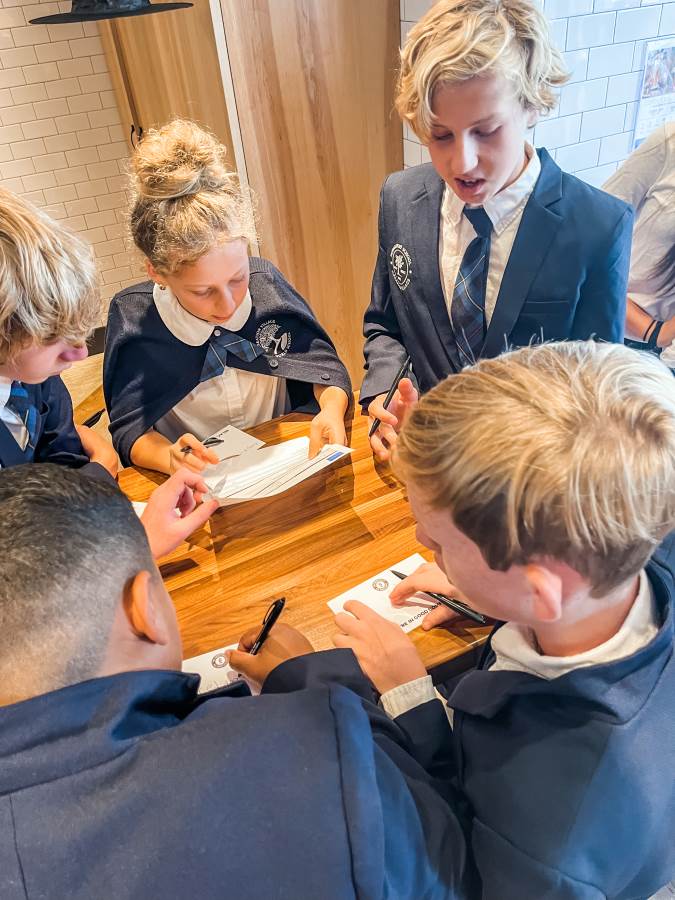
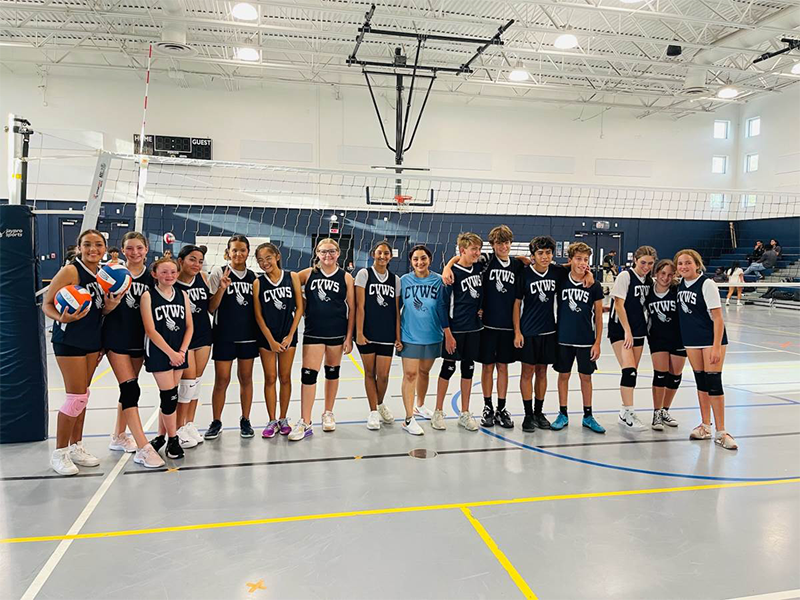
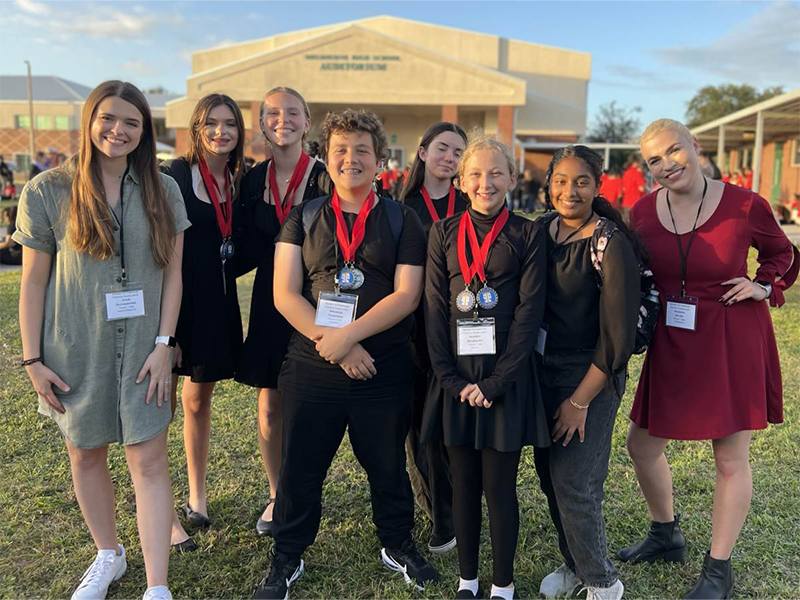
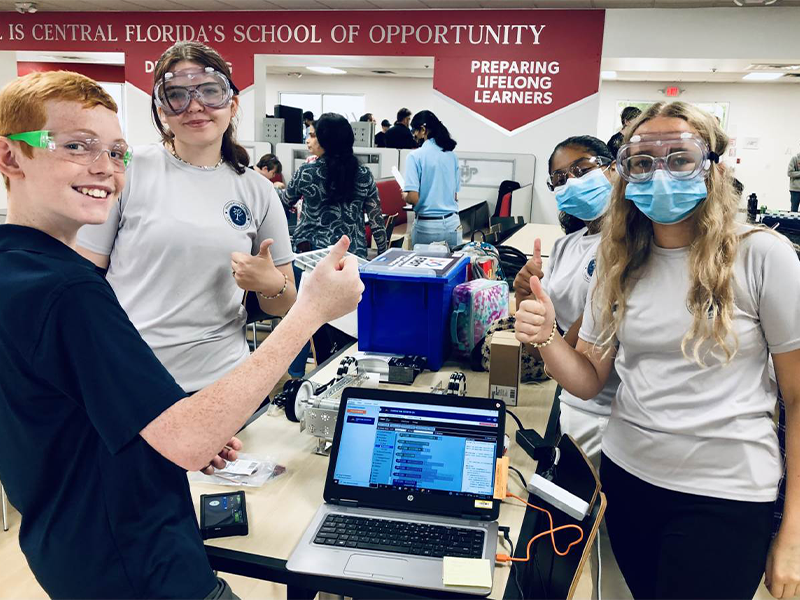




Projects in the IB MYP
IB MYP projects are an essential component of the program and are intended to promote inquiry, research, and critical thinking. Here are some common types of projects students engage in:
-
Personal Project: The Personal Project is a culminating project in the final year of the MYP. Students choose a topic of personal interest, investigate it, and create a project that reflects their learning. This project is an opportunity for students to demonstrate the skills and knowledge they have acquired throughout the program.
-
Community and Service Projects: The MYP encourages students to engage with their local and global communities. Service projects involve students identifying a need within their community and working to address it. This might include organizing a fundraiser, volunteering at a local organization, or creating educational materials for a specific cause.
-
Interdisciplinary Projects: These projects involve students integrating knowledge and skills from various subjects to tackle a specific issue or question. For example, a project might involve history, science, and language studies to investigate the impact of a historical event on the environment.
-
Language and Literature Projects: Students might be required to create a literary magazine, conduct an author study, or analyze a specific work of literature in depth.
-
Science Projects: IB MYP students might undertake scientific investigations or experiments, present their findings, and reflect on the scientific process.
-
Arts Projects: These projects often involve students creating original artwork, music compositions, or theatrical performances. They may also include research on art history or critical analysis of artistic works.
-
Cultural and Global Awareness Projects: Students may delve into topics related to global cultures, international issues, or cross-cultural understanding. This could include research on a specific culture, examining global challenges, or organizing cultural events.
-
Design and Technology Projects: These projects might involve creating functional products, designing websites, or working on innovative solutions to real-world problems.
-
Mathematics Projects: IB MYP students may engage in math-related projects, such as statistical analyses, mathematical modeling, or problem-solving challenges.
-
Individual Research Projects: Students might choose a topic of personal interest and conduct independent research, presenting their findings in a structured manner.
Creation Village emphasizes inquiry-based learning, interdisciplinarity, and reflection, and these projects help students develop these skills and competencies while deepening their understanding of the subject matter.
SECTION 4 Creation Village Middle School Assessment
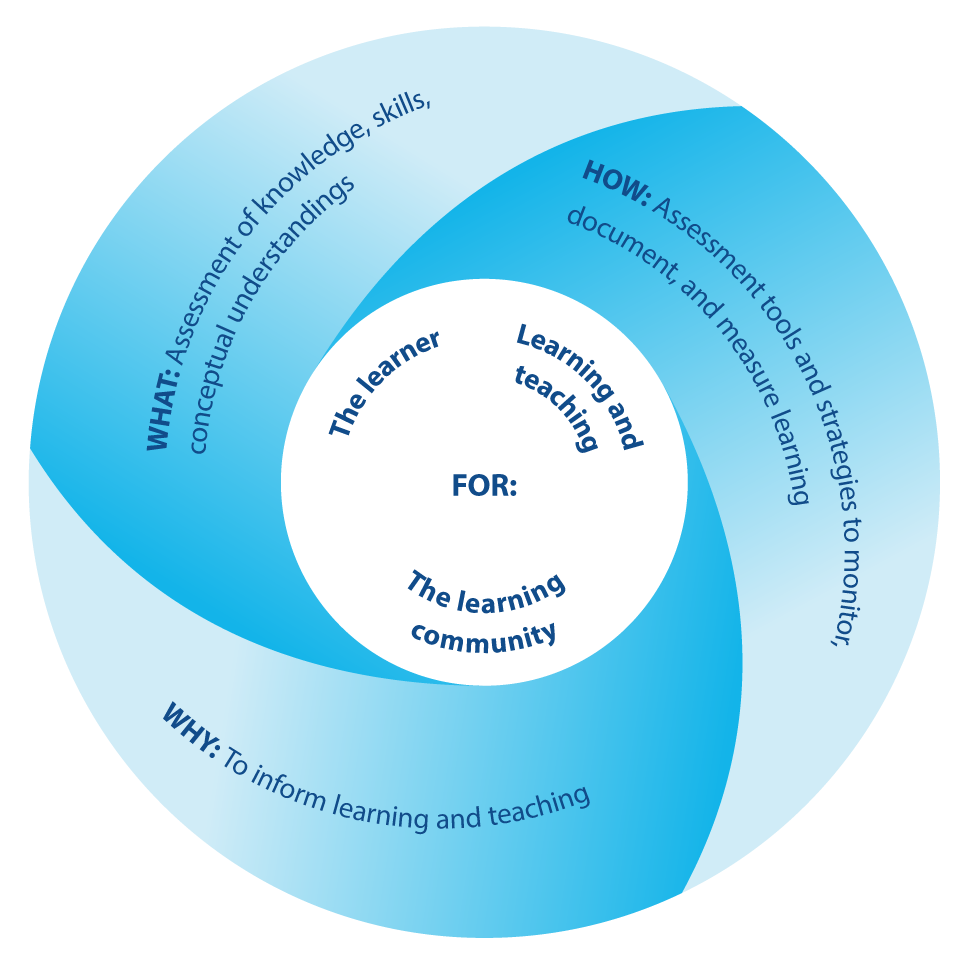
Assessment
Students are assessed through a variety of methods, including coursework, projects, examinations, and, in some cases, e-portfolios. Assessment is criterion-referenced, which means students are measured against established criteria rather than being compared to their peers.
Journals
In the International Baccalaureate (IB) Middle Years Programme (MYP), keeping a journal is not a specific requirement, but it is a useful tool that students and teachers can use to document and reflect on their learning experiences. Journals can help students develop their skills in self-reflection, critical thinking, and communication. Here are some ways journals can be used in the MYP:
-
Reflective Journals: Students can maintain reflective journals to record their thoughts, feelings, and insights about their learning experiences. This can include reflections on classroom activities, projects, group work, and personal growth. Reflective journals help students make connections between their experiences and the MYP's global contexts, key concepts, and approaches to learning.
-
Process Journals: Process journals are often used in design and inquiry-based subjects. Students document their thought processes, design iterations, and decision-making as they work on projects. This helps them track their progress and make improvements.
-
Language Journals: In language acquisition courses, students can keep journals where they practice writing in the target language. They may write about their daily life, experiences, and reactions to various stimuli. This can help develop language skills and cultural awareness.
-
Research Journals: When students are conducting research for various subjects, they can keep research journals to document their sources, summaries of information, and their thought process as they gather and synthesize information.
-
Art Journals: In visual arts and performing arts, students can maintain journals to sketch ideas, document their creative process, and reflect on their work. These journals can be a valuable part of the assessment in arts courses.
-
Personal Project Journals: In the MYP personal project, students often maintain journals to document their project's progress. They can describe their goals, challenges, and solutions as they work towards completing their project.
-
Service-Learning Journals: If students are engaged in service learning as part of the MYP, they can keep journals to reflect on their experiences, learning outcomes, and the impact of their service on the community.
"Providing multiple views into our students' learning journey helps us to, together, navigate their development, taking the model of Jesus to keep increasing in wisdom and stature, and in favor with God and people."
Marcos Redondo
Dean of Middle Years
Inquire About our Middle School
Connect with the Creation Village Middle School team
